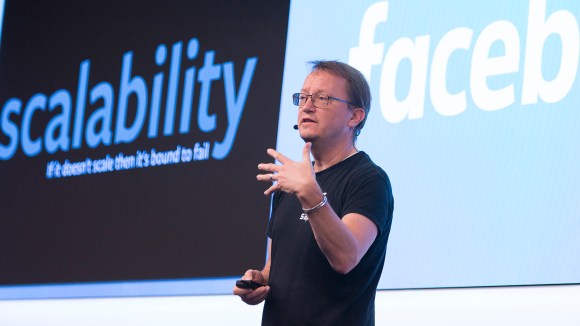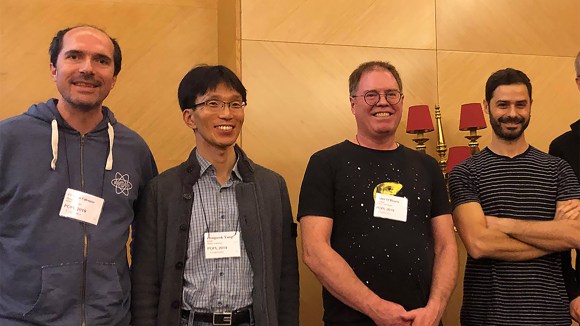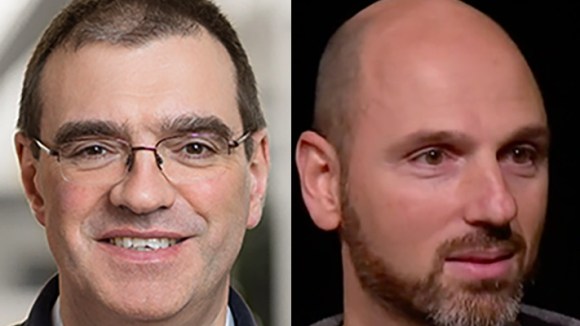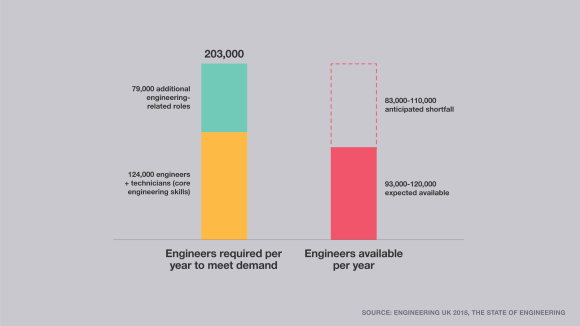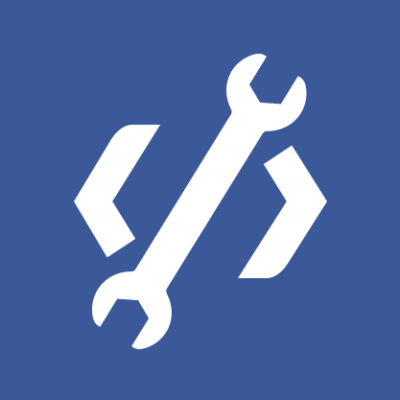Editor’s note: Andrew Bosworth, or “Boz” as he’s affectionately known, has been a software engineer at Facebook for over four years. He’s built myriad products for the company and was the architect behind the original version of News Feed. Boz now heads up Bootcamp, a six-week program that familiarizes every newly hired engineer with the Facebook code base. In this role new employees often ask Boz how to best work with CEO and Founder Mark Zuckerberg. As noted in a recent Wall Street Journal article, Boz posted this advice within the company and we wanted to share it with everyone.
I get asked often what it is like to work with Zuck (“Zuck” is our nickname for Mark Zuckerberg) because they want to know how to do it themselves. I don’t claim to be an expert at it myself, but I’ve at least been around long enough to make a few useful observations, so I figured I’d share them at greater length.
- Zuck expects debate. I think one of the biggest mistakes people make when first working with Zuck is feeling that they can’t push back. As long as I have been at Facebook, I have been impressed with how much he prefers to be part of an ongoing discussion about the product as opposed to being its dictator. There are a number of exceptions to this, of course, but that comes with the territory. In those instances where he is quite sure what he wants, I find he is quite good at making his decisions clear and curtailing unneeded debate. Barring that, you should feel comfortable noting potential problems with a proposal of his or, even better, suggesting alternative solutions. You shouldn’t necessarily expect to change his mind on the spot, but I find it is common for discussions to affect his thinking over a longer time period. Don’t necessarily expect acknowledgment for your role in moving the discussion forward; getting the product right should be its own reward. If you do that, you’ll find you are invited back more and more to the debate. One corollary is that this is NOT an invitation to play Devil’s Advocate; if you are arguing just to be heard or are negative without proposing solutions, you may not be invited back for future discussion.
- Zuck isn’t sentimental. Every time Zuck looks at a product, it is as if he does so with fresh eyes. He isn’t burdened by what other products are like or what the existing product is like. He doesn’t care what he said yesterday, even if he was presented with the same product. He approaches everything from first principles every time. I’ve never met anyone so willing to scrap a good product in favor of a great one. Zuck could spend a year building something and, without hesitation, throw it away the next day to do something better. I think this trait has been one of our biggest strategic advantages in my time here. He is fearless about disrupting the status quo and tireless in his pursuit of building the right thing, even in an ever-changing landscape. This can be tough on the rest of us because it is hard not to become attached to a particular implementation detail or design flourish once we have convinced ourselves it is correct and spent the time carefully crafting it over weeks or months. My only advice is to emotionally commit yourself to the goals of the product rather than its look, feel, or implementation.
- Zuck experiences things contextually. He rarely makes decisions by talking about products in the abstract and strongly prefers to play with them, often withholding judgment until he does. The things happening around him in his life and in our industry have a big impact on how he perceives products. In cases where debate doesn’t change his mind, I believe the best way to convince Zuck that something is a bad idea is to build it and let him use it; but don’t be surprised if you find in the process that it isn’t such a bad idea after all. The more you can make his experience of a product simulate what people will use, the better he will be able to guide it.
- Zuck pushes people. Depending on who he is dealing with, Zuck will challenge people to get more done in less time than we may consider reasonable. We may not be able to deliver what he demands, but we often surprise ourselves and deliver more than we had thought possible. Try to set expectations with him honestly, but don’t be afraid to take on a challenge. One theme common to these points is that when you are working with Zuck you need to resist the urge to see it as a personal opportunity or risk. It isn’t about you, and if you make it about how you appear one way or another, then there is always going to be a layer of editing between you, him, and building the right thing. At the end of the day, building the right thing is what it is all about, and while Zuck isn’t always right about what that is, he isn’t often wrong. He has an ability to detach himself from previous success and make decisions based on an acute awareness of timely opportunities, which often leads to bold, sometimes even schizophrenic, direction changes that can be difficult for the faint-hearted to stomach. But I’ve been on the wrong side of enough major strategic decisions that have paid off in spades to learn to trust his ability to make bold calls that few others would.


